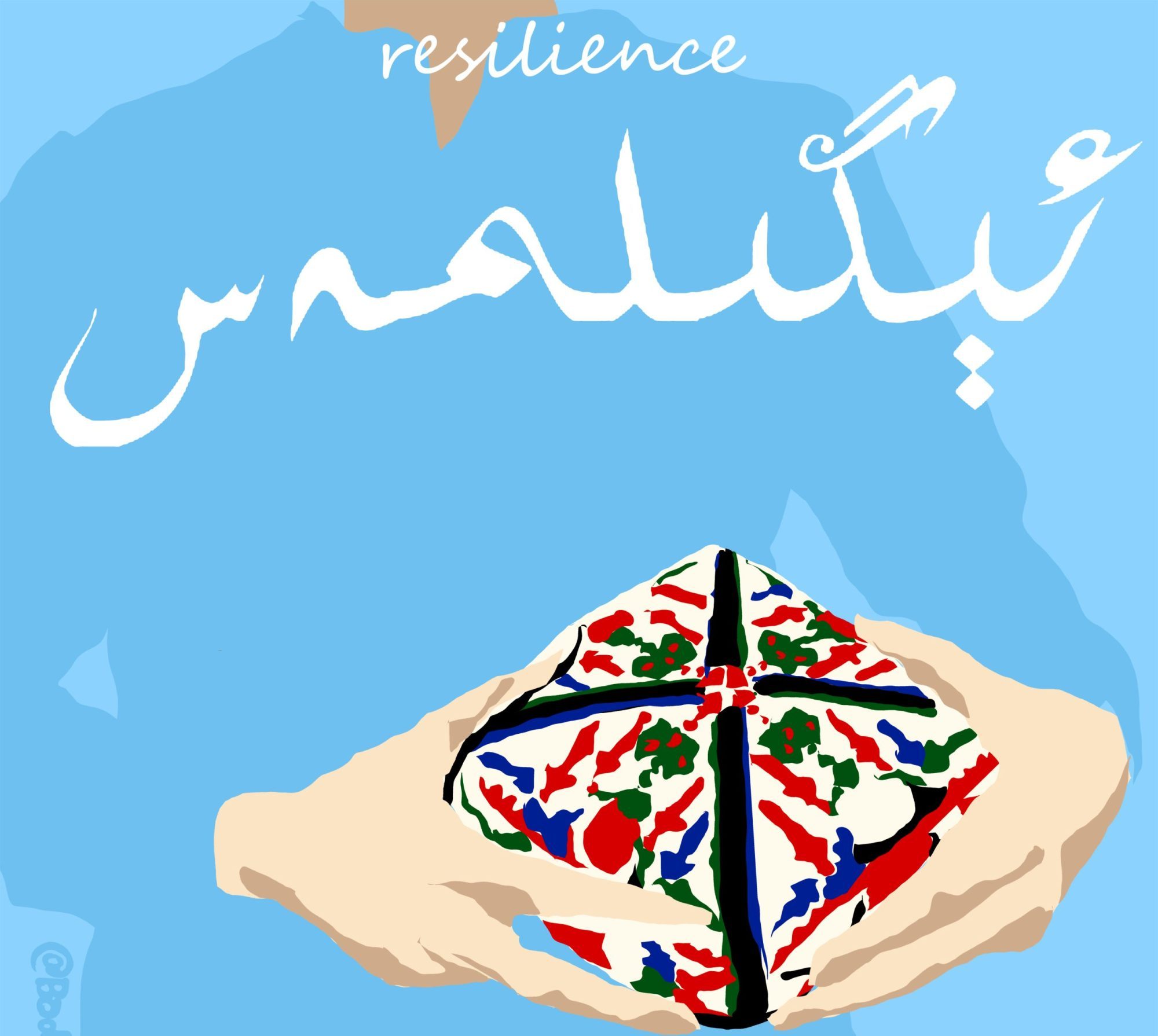In the next two days, the UN’s top human rights decision-making body, the Human Rights Council, is set to consider a proposal to hold a debate on the human rights situation in the Uyghur region (Xinjiang) at its February 2023 session. The draft resolution, presented by the United Kingdom, Canada, the United States, Australia, Lithuania, and the five Nordic countries (Norway, Sweden, Finland, Denmark and Iceland), responds to a report by the Office of the High Commissioner for Human Rights (OHCHR) pointing to possible crimes against humanity against Uyghurs and Turkic Muslims.
The OHCHR report’s findings, explained in a newly-released ISHR infographic, point to torture and ill-treatment of those detained in internment camps and prisons; restrictions on wearing hijabs, speaking Uyghur at school, praying and other cultural and religious practices; and pervasive surveillance and harassment of Uyghurs, in the country and abroad, and possible forced sterilisations. This range of grave abuses is enabled by China’s counter-terrorism laws and policies, which the report considers ‘deeply problematic’.
The UN considers that ‘the conditions remain in place for serious violations to continue and recur.’
For the past two years, over 300 NGOs from all regions of the world have called for a UN-mandated mechanism to monitor and report on the Chinese’ governments human rights violations in the Uyghur region, but also in Tibet, Hong Kong and across mainland China. Over 40 UN experts have issued a similar public call on three occasions over the same period, signaling an unprecedented degree of concern across the UN’s human rights expert bodies.
Earlier this month, ISHR reiterated this call in an address to the Human Rights Council, and an event jointly held at the UN with leading Uyghur, Tibetan, Hong Kong activists.
This initiative is a beacon of hope for those directly affected by the government’s cruelty, like me. My mother, Gulshan Abbas, dedicated her life to saving others, she did not engage in politics, she spoke Chinese fluently, and even so, she disappeared in the camps. Her case is just the tip of the iceberg.
Ziba Murat, daughter of Uyghur doctor Gulshan Abbas, disappeared since 2018
The draft resolution provides the UN with a rare opportunity to respond to the gravity of the OHCHR’s findings in a constructive, incremental manner. By requesting a debate, it provides all governments – including China’s – with a space for dialogue, to expose their views, differences, concerns, and recommendations, in line with the Human Rights Council’s mandate to ‘contribute, through dialogue, towards the prevention of human rights violations and respond promptly to human rights emergencies.’
It also provides a unique platform for victims, and those who have accompanied and supported them, to expose abuses and provide first-hand information to the international community. This supplements the UN’s thorough, impartial reporting, and informs the position of all governments in an objective manner, allowing them to reach the most appropriate collective response.
China ranks amongst the top perpetrators of acts of reprisals against those who seek to cooperate with the UN. A formal UN debate provides a dedicated platform for these voices to be heard.
Phil Lynch, ISHR Executive Director
Expectations are particularly high for democracies in the Global South and Muslim countries to stand by their principles and commitments, despite significant Chinese pressure. A coalition of Muslim groups have publicly urged Malaysia and Indonesia to vote in favour of the resolution, while activists have pleaded for governments’ support in leading newspapers in Argentina, Mexico, and Brazil.
While the cost of displeasing Beijing may be high, the cost of abstaining or opposing a mere UN discussion on Xinjiang could be even higher in global public opinion.
Raphael Viana David, ISHR China and Latin America Advocate
In an attempt to address country situations in a depoliticised, objective manner, governments have elaborated and endorsed a set of ‘objective criteria’ to prompt Council action on country situations. In light of these criteria, ISHR has extensively looked at the documentation and calls from across the entire UN human rights system, and at the consistent denial of every allegation by the government of China, a member of the Human Rights Council – responding instead by attacking UN experts.
Over 40 UN experts have urged action by the UN Human Rights Council in order to ‘maintain [its] integrity, credibility and moral authority’ by ‘upholding the same standards and their equal applications to all States big and small.’ All 47 governments elected to the Human Rights Council are required by a UN resolution to ‘uphold the highest human rights standards’: the duty of safeguarding the credibility of the UN’s top human rights body lies in their hands.
ISHR urges all Human Rights Council Member States to uphold principles of dialogue, objectivity, impartiality, non-selectivity and non-discrimination, and to:
-
- Vote in favour of draft decision L.6 on the human rights situation in Xinjiang;
- Vote against any procedural tactics – including a ‘no action’ motion or ‘hostile amendments’ – presented to block the initiative.
Author
Raphaël Viana David
Raphaël is ISHR's China and Latin America Programme Manager in our Geneva office. He joined ISHR in 2018.
Article also available in




